More gold changing hands in uncertain times
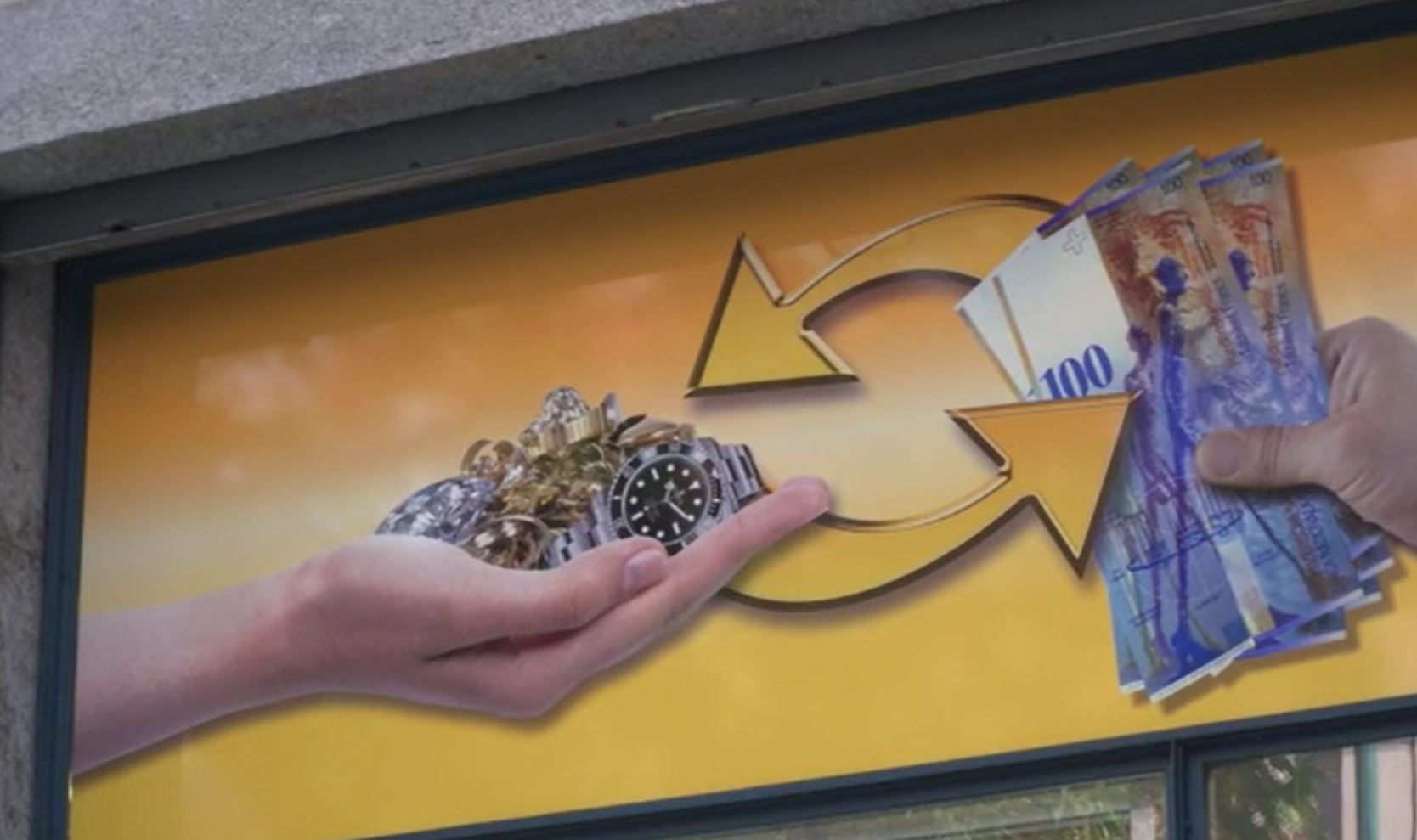
The economic crisis caused by the coronavirus pandemic has boosted the gold market. More customers are buying and selling the precious metal, and demand from investors is growing.
“This ingot is now worth CHF57,000 ($63,000). At the beginning of the year it was CHF50,000. During the crisis it was CHF60,000”. Gold dealer Ralph Thoma holds up a one-kilo ingot of gold as he explains. A well-known figure in the gold business, Thoma is head of Aurofin in Chiasso. This year his company saw demand double from investors, both Swiss and foreign.
The gold market, Thoma says, needs “the price to keep moving”. This means that crises are, paradoxically, a good thing. That was how it was in 2008, with the collapse of financial markets, and it is happening again, at least to some extent, with the current pandemic. The price of gold has gone up, and demand is high.
In this business, the Swiss are major players: some 70% of the world’s annual gold output is refined in this country, and three of the leading refineries are located in Ticino (Valcambi, Argor-Heraeus and Pamp).
While there are people wanting to buy gold, there are also people who, due to the crisis, need to sell theirs. Online demand has just exploded, as Nicola Esposito, consultant and administrator of Goodwill Asset Management in Chiasso, says.
“On our site, compared to six months ago, requests have tripled,” he explains. These are people who have googled “sell gold in Ticino” or similar wording (there have been 151,000 such searches) and they now want his company to tell them how to do it.
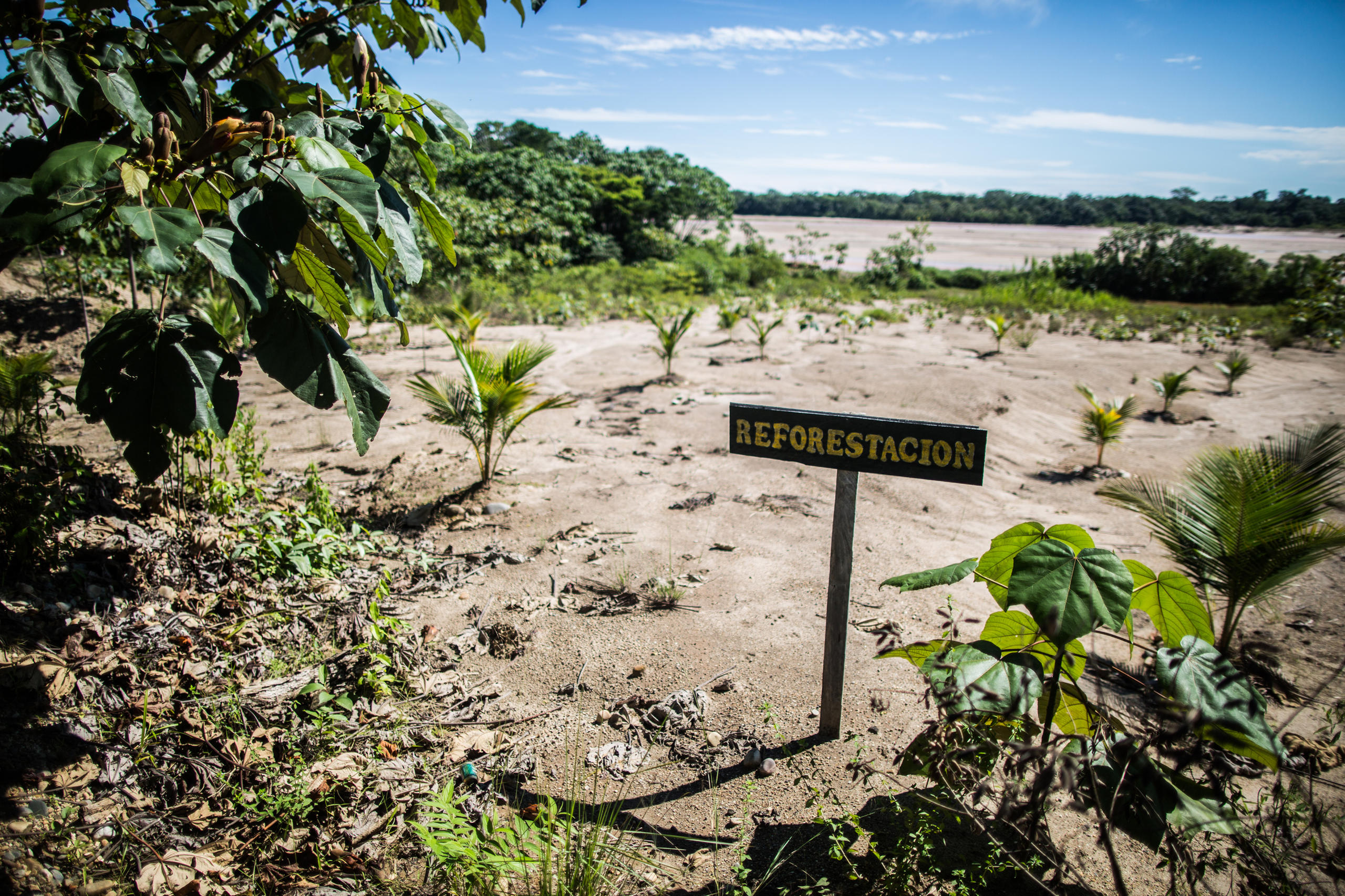
More
Why Switzerland struggles with dirty gold
External linkThe tendency is confirmed by dealers who do over-the-counter business. Francesco Ardemagni, who is the proprietor of several bureaux de change and outlets buying gold in Stabio, says that “in this time of crisis, people are liquidating gold assets to get by”. Italian customers in particular have been coming in over the past number of months with bracelets, ear-rings, and rings, he says. Whereas Swiss have mostly been selling coins and gold bars to profit by the current high price of gold.
Rules need tightening
Switzerland has laxer rules than Italy and some other European countries for buying and selling gold. Jewellery, in particular, does not come under federal money-launderingExternal link legislation, which regulates trade in gold bars, gold grains and gold coins with a minimum fineness of 995 parts per thousand.
In these cases, a transaction under CHF15,000 can be done anonymously. Where the price ranges from CHF15,000-100,000, the customer must be identified and must certify that they have the financial means to complete the transaction. For sales of over CHF100,000, as well as establishing the customer identity, he or she must also disclose the source of their funds. In all cases, transactions can be done in cash without limit.
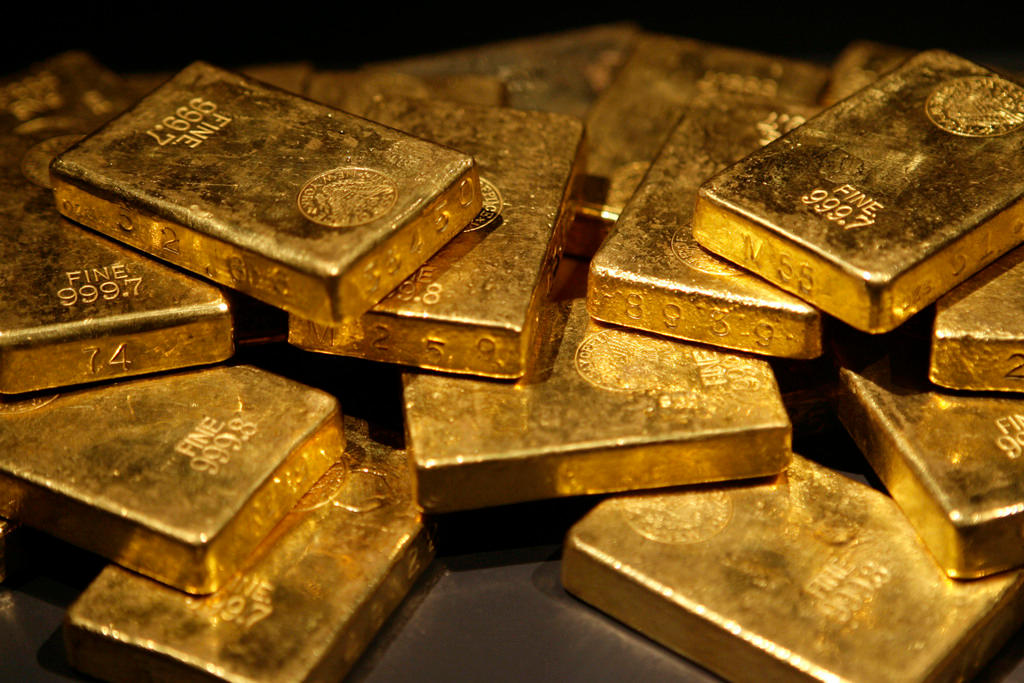
More
The shady origins of gold refined in Switzerland
These rules do not apply, however, to used precious metals, which can be bought and sold without any checks being made. The federal government, in its statement on amending its money-laundering legislationExternal link, has spoken of a “gap needing to be bridged” here, and explicit “risks of money laundering”, which is why it has been proposing stricter standards. But both chambers of parliament have turned down the proposed tightening-up of the legislation.
“Anyone involved in buying gold is considered high-risk”, explains the financial self-regulating body OAD-FCT, one of two organisations in Ticino that monitor the sector. Gold traders do not come directly under Finma, the federal agency monitoring financial markets, but they belong to these self-regulating bodies which are the only ones that monitor the sector. Most gold buyers in Ticino belong to PolyReg, which declined an interview.
In addition, like all other goods, gold is subject to customs inspection, points out Maurizio Sabino, who heads the precious metals section of the federal customs administration.
“If an item is imported for purposes of trade, it has to go through customs and pay the duty – there is no exemption,” he explains. So a customer who crosses the border from Italy to sell coins or jewellery is expected to make a customs declaration.
The federal watchdogs are also concerned about exports of old gold to be melted down: this is a way of getting around Swiss standards, which require refineries to certify the source of the precious metals.

More
Swiss refiner breaks industry silence on sourcing gold from risky areas

In compliance with the JTI standards
More: SWI swissinfo.ch certified by the Journalism Trust Initiative








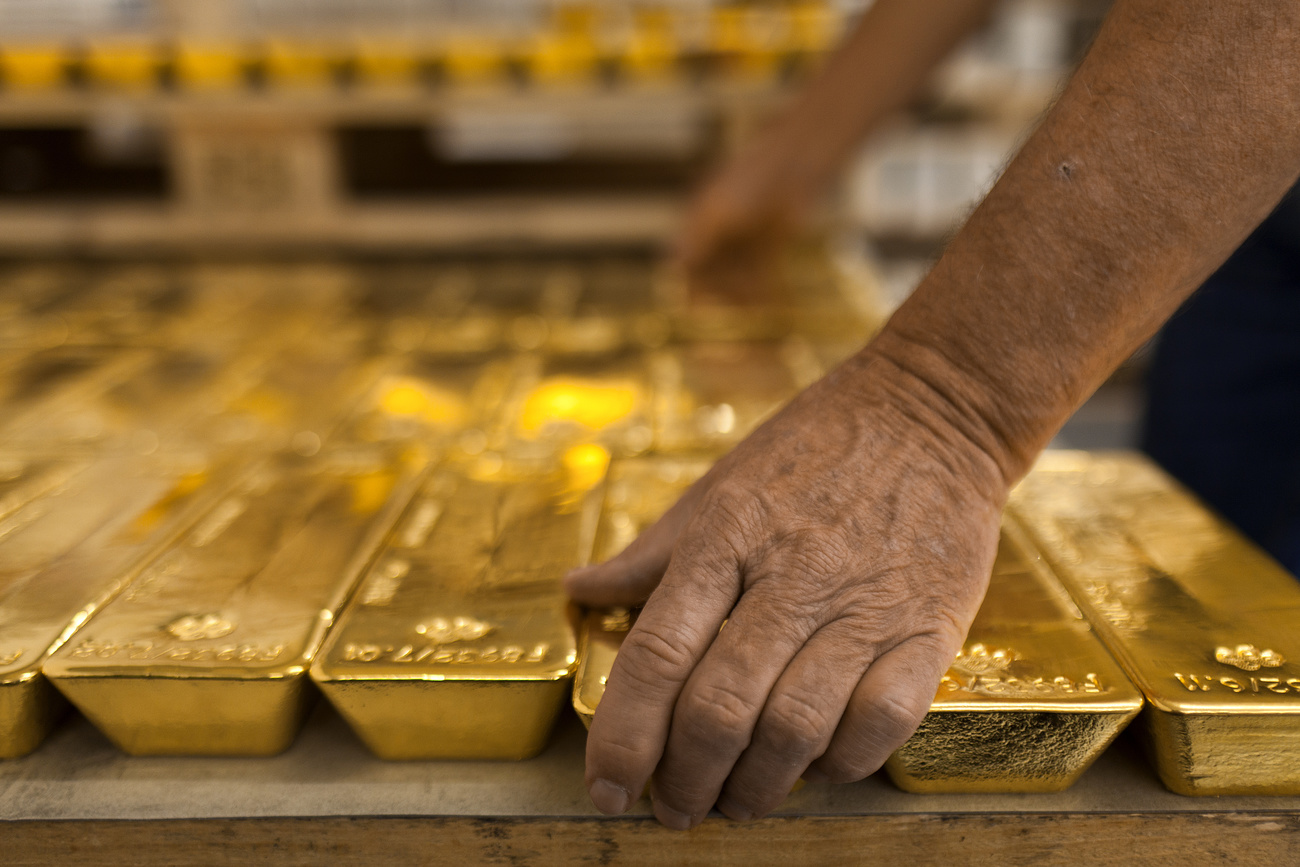
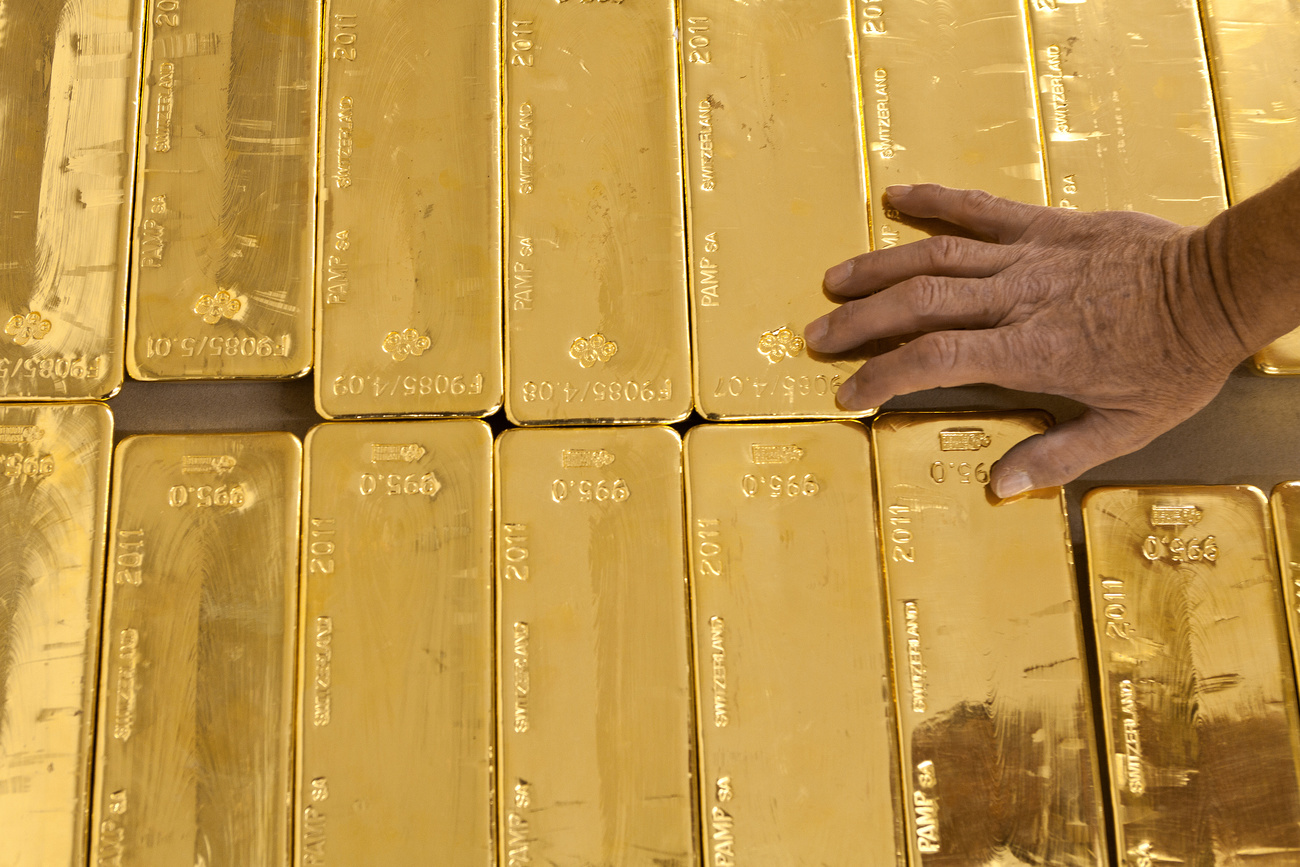

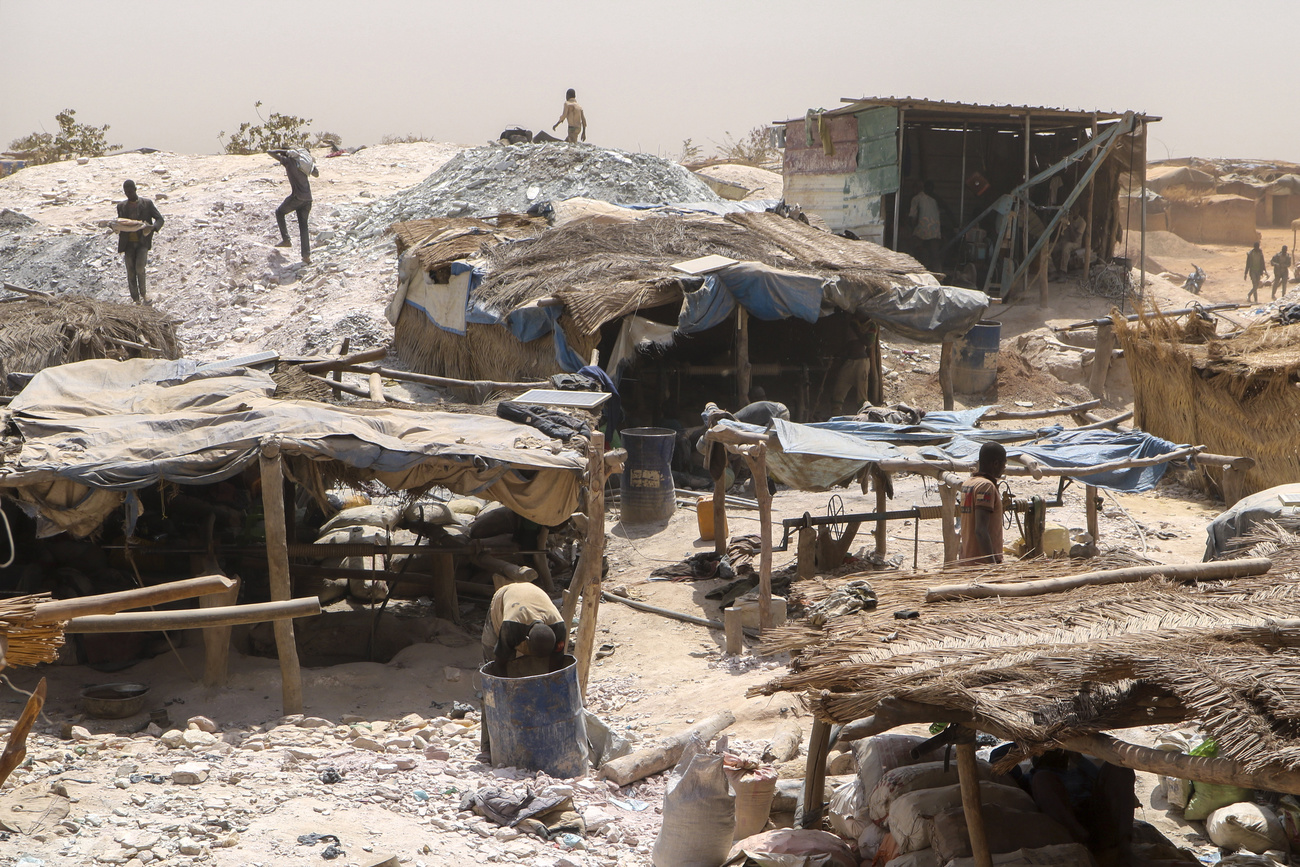
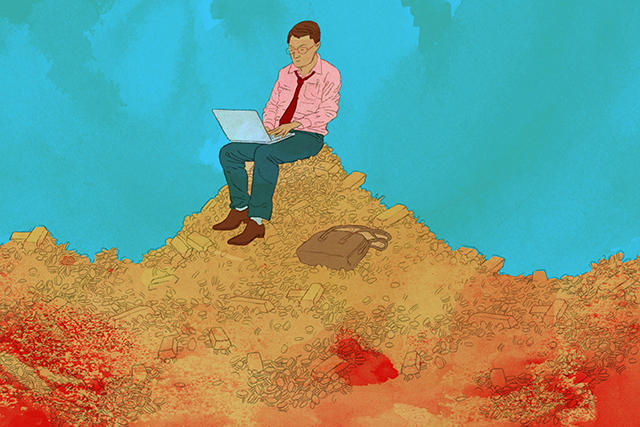
You can find an overview of ongoing debates with our journalists here . Please join us!
If you want to start a conversation about a topic raised in this article or want to report factual errors, email us at english@swissinfo.ch.